Nowadays, where getting a quality education is hard to come by without accruing student loan debt, it’s hard to believe there are some worst colleges in America. Some of these are diploma mills and overpriced institutions that don’t care about their students.
This article was published to help prospective students avoid making bad choices regarding higher education. When creating this list, we focused on things most students complain about, the school’s graduation rates, tuition, and fees, housing, average student debt, ROI, etc.
Without further ado, let’s get to it.
The Worst American Colleges in 2024
We selected some of the worst universities in the US. We highlighted why they are on this list and things that can be improved.
1. DeVry University
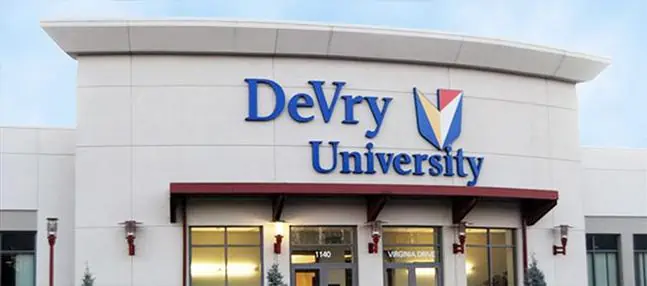
Devry University is a private for-profit university with small campuses in about 16 states in the US. While they have friendly online classes, all they want is your money.
Ever wondered why the institution has a high acceptance rate? Devry admits almost anyone. Also, it has a meager graduation rate of 15.2%. Most students drop out of this school due to one reason or the other.
While it does not seem to be a degree mill, Devry University is overpriced, with a tuition cost per credit hour of $514 for undergraduates and $776 for graduate degree programs. Don’t fall for this scheme if you don’t want a degree that can’t get you a job or debts you can’t pay off.
2. Morris College
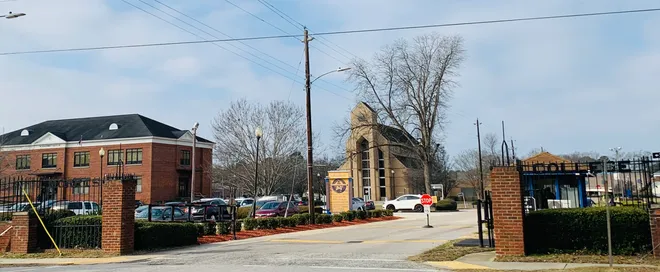
Founded in 1908, Morris College is a private HBCU college in South Carolina. Like Devry University, it admits almost everyone, with an acceptance rate of 79.4%, and enrolls about 600 students annually.
While getting into this college may be a piece of cake, the school has a low graduation rate of 24.2%. Most students also complain about their dorms and the food served at the cafeteria.
3. Lindsey Wilson College
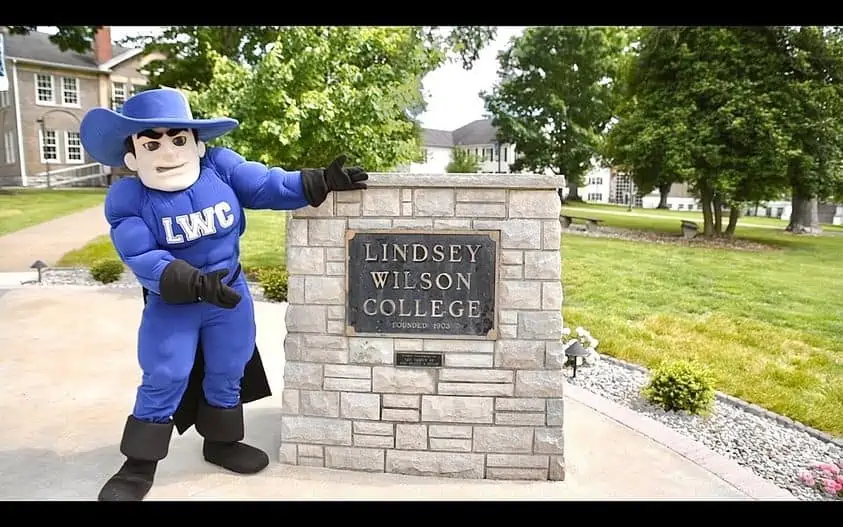
Lindsey Wilson College is a private college in Kentucky affiliated with the United Methodist Church. It has more than 2500 students.
Most students complain about the faculty members, bad food, and mold-filled dorms. The school has a 37.7% graduation rate.
4. Shaw University
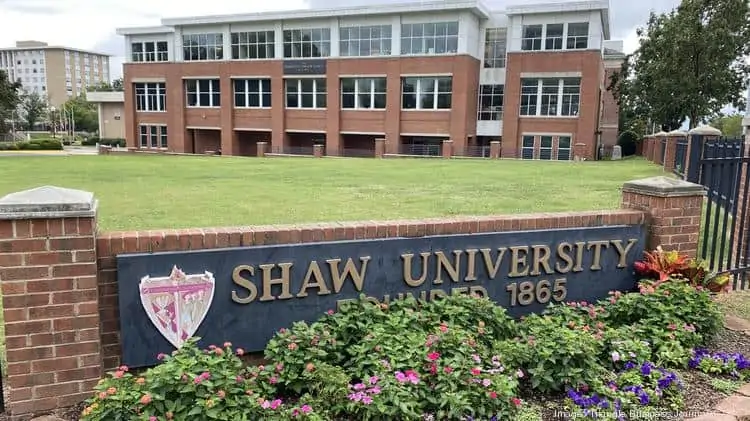
Shaw University is a private HBCU college affiliated with the National Baptist Convention, USA. Also, it has a low graduation rate of 16.4%.
Students complain about the campus being too small, the bad food in the cafeteria, and some professors being unsupportive.
5. University of the District of Columbia
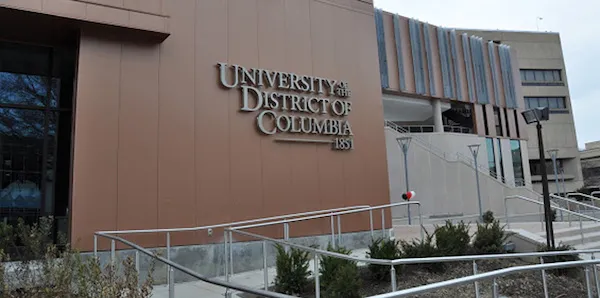
University of the District of Columbia is a public HBCU university in Washington, DC. It offers about 81 degree programs as well as other non-academic educational programs.
The school is poorly funded, its financial aid office is unorganized, and students complain about some professors not coming to class.
6. Florida Memorial University
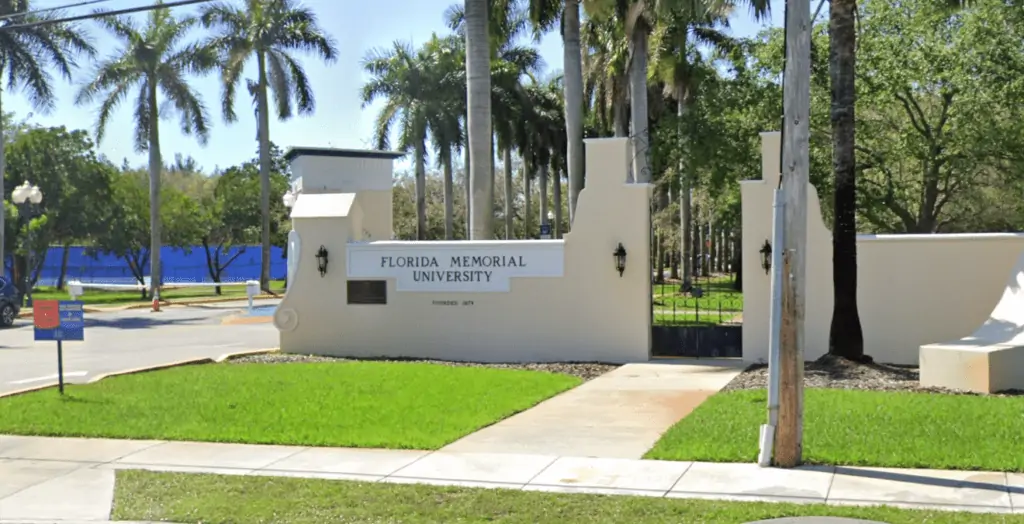
Florida Memorial University is a private HBCU university affiliated with the American Baptist Churches USA in Miami Gardens. It is one of the oldest higher institutions in the state.
Students complain about its expensive cost of attendance, infrastructure, housing, and not-so-good cafeteria food. The school has a 33.5% graduation rate.
7. Mitchell College

Mitchell College is a private college in Connecticut affiliated with the New England Association of Schools and Colleges (NEASC). The school has a 41.2% graduation rate.
Students complain about its bad Wi-Fi, expensive meal plans, and unsupportive staff members. Also, its academic model doesn’t give a place for a college experience.
8. South College
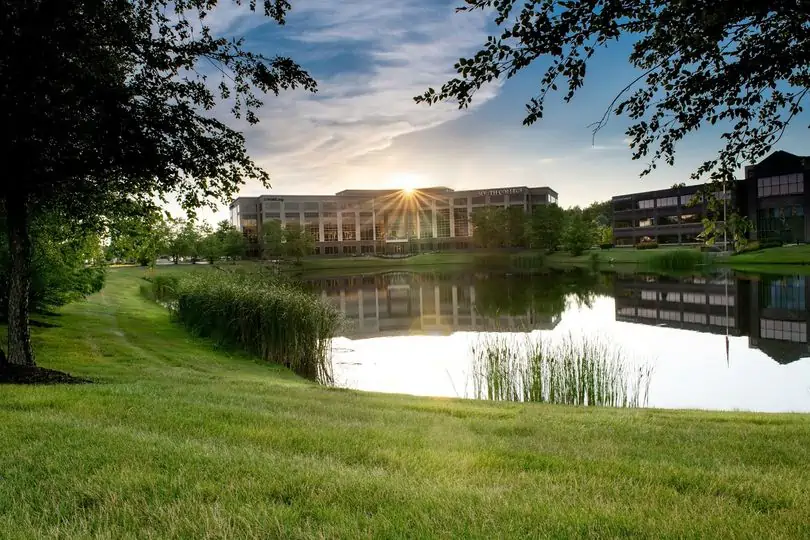
South College is a private for-profit College in Knoxville offering more than 60 degree programs. With its 100% acceptance rate, it admits almost anyone.
Students complain about its lack of advocacy for students, bad professors, and little to no social life on campus. The school has a 41.8% graduation rate.
9. Fayetteville State University
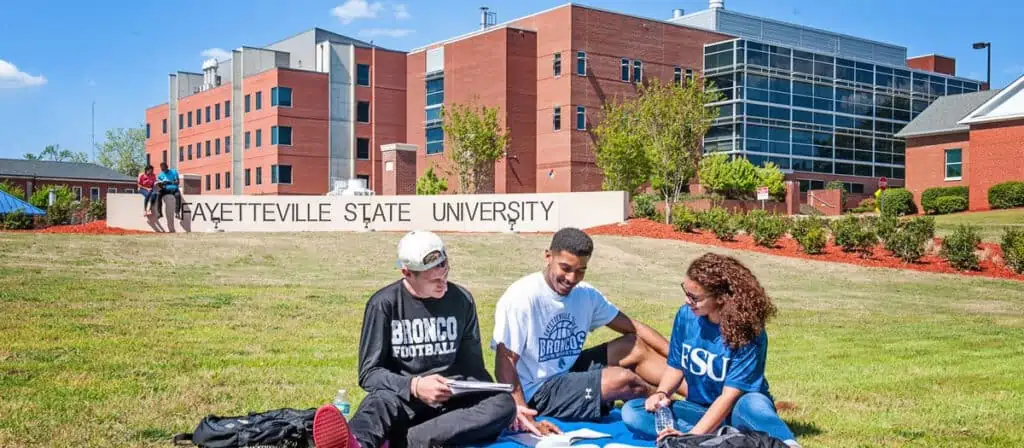
FSU is a public HBCU college in North Carolina with a 44.7% graduation rate. While affordable, it has one of the nation’s worst 30-year returns on investment.
Also, the school is located in a dangerous area and has not addressed the safety issues across the campus. Students also complain about its average dorms and lazy staff members.
10. Bob Jones University
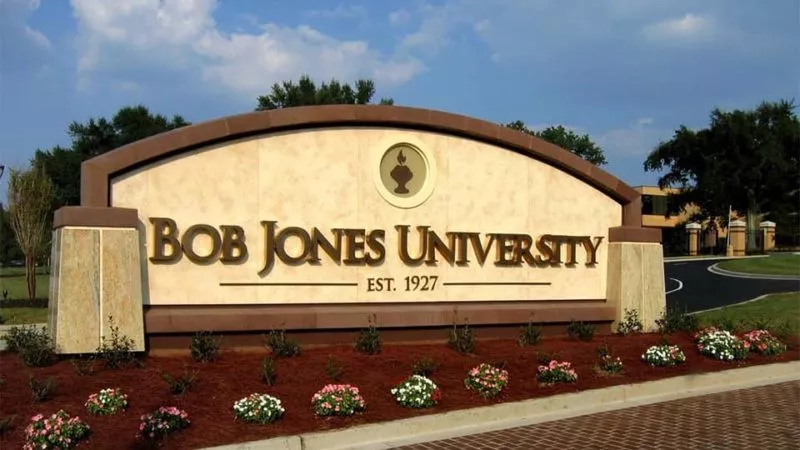
Bob Jones University is a private Christian University located in South Carolina. Unlike Devry, Bob Jones is affordable and has a pretty good graduation rate. The school only started admitting black students about 44 years after its establishment.
While it’s a popular religious school in the nation, it has some weird rules that most Christians don’t like. For example, couples are not allowed to socialize, movies rated above PG-13 cannot be watched on campus, Rock, Pop, Country, Jazz, Electronic/Techno, and Rap/Hip Hop music is banned, and students must shave their faces every morning if they are under 25 years old, etc.
The only bad thing about this college is it is too strict. Breaking any of its rules may get you socialled (you can’t talk or interact with the opposite gender) or shipped out.
11. The University of Alaska Anchorage
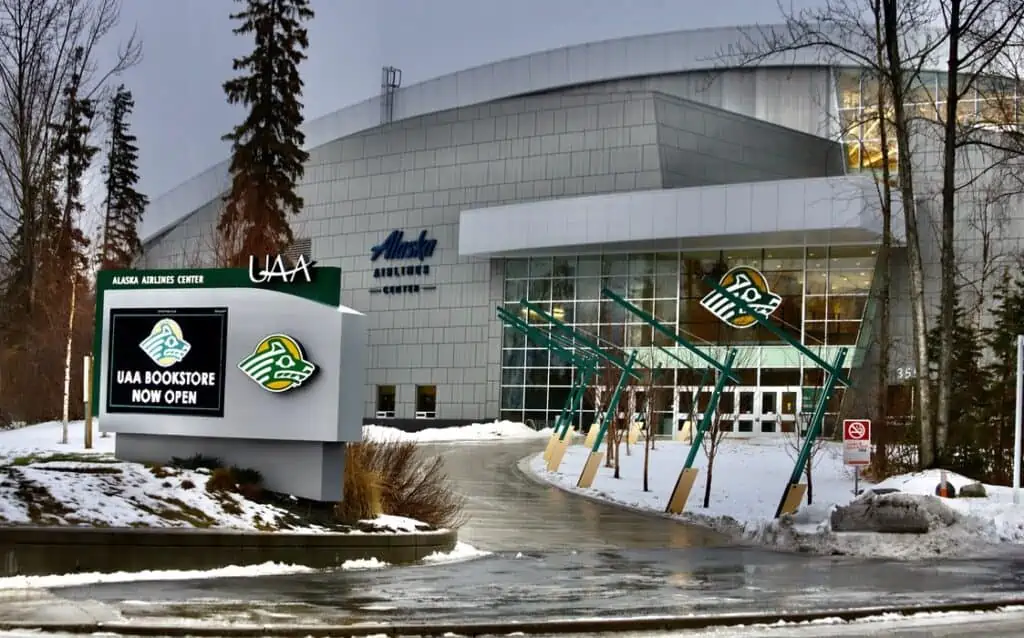
The University of Alaska Anchorage is a public university in Alaska and the largest in the University of Alaska System. Its low graduation rate is due to the loss of accreditation for some of its programs.
This school made it to this list due to its rising cost of attendance annually and bad academic advisors. Also, the food on the residential campus is not good enough. Also, it has a below-average graduation rate of 10%, making it one of the worst colleges in the US.
12. Yeshivas Novominsk
Yeshivas Novominsk is a small private Jewish college in Brooklyn. Established in 1988, it is one of the cheapest ways to get a Talmudical Yeshiva education in the US.
However, there’s a problem with this school. Most students transfer to other colleges, making it one of the colleges with the lowest graduation rate in the nation.
13. Grambling State University
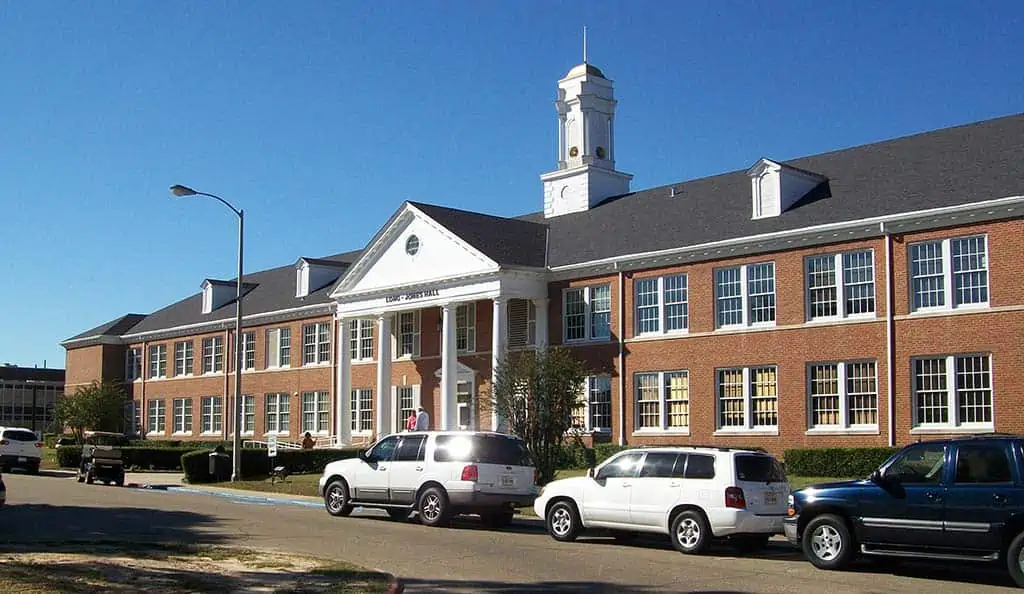
Grambling State University is a public HBCU college in Louisiana offering about 56 degree programs. While it has some notable alumni like Ronnie Coleman, an 8-time Mr. Olympia Winner, it must improve.
Students complain about the rising tuition costs, and the school is in a dangerous area. Also, it lacks diversity and does not help new graduates with job placement.
14. University of Montevallo
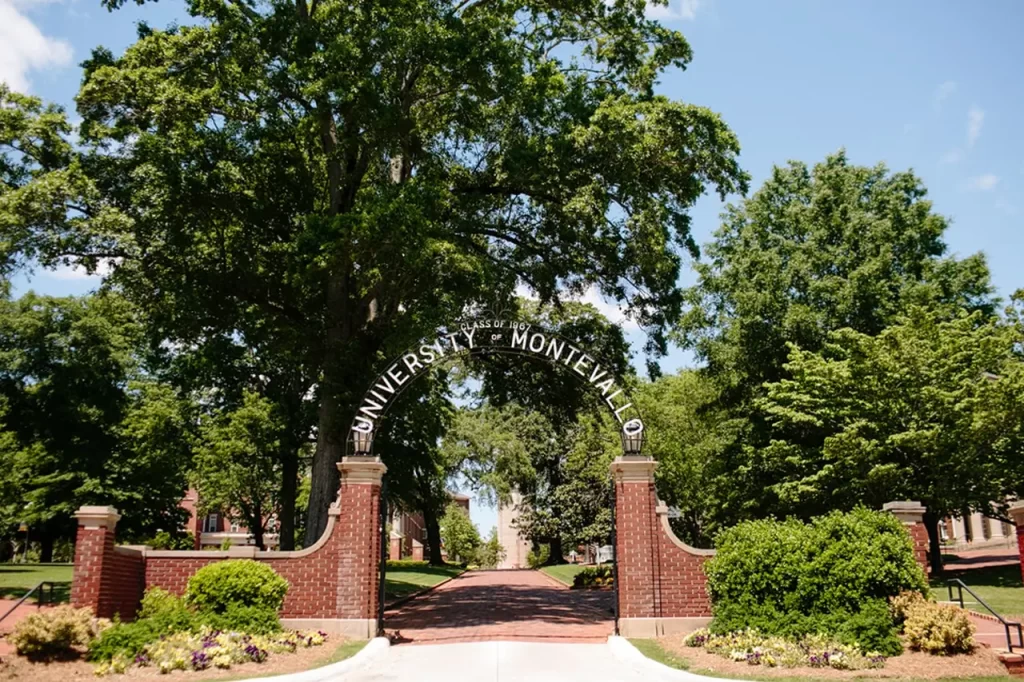
Founded in 1896, the University of Montevallo is a public university in Alabama. It has a 51% graduation.
Commuters complain about its parking for students being limited and too far from buildings. Also, it does not have a lot of financial aid options, and the food in the cafeteria is nothing to write home about.
Another thing Montevallo students complain about is its brick roads. Although old bricks are regularly replaced, you don’t want to twist your ankle while walking on them.
15. Philander Smith College
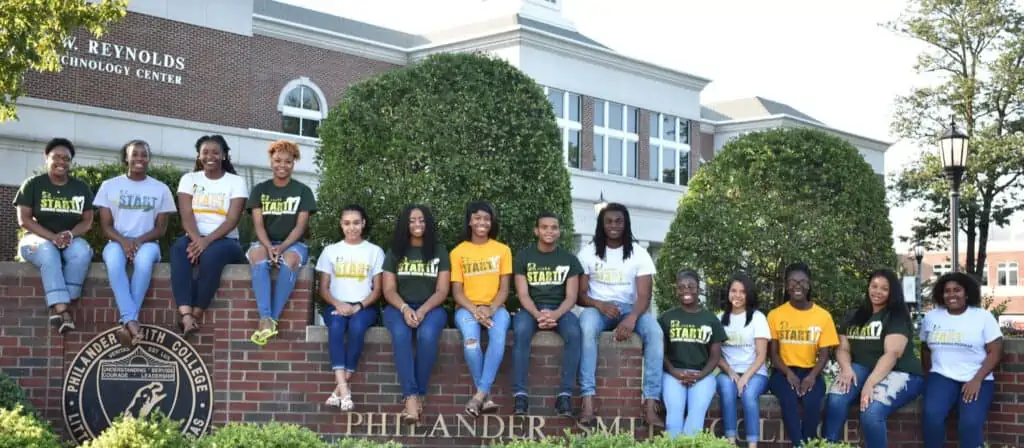
Philander Smith College is a private liberal arts college affiliated with the United Methodist Church in Arkansas. It has less than a thousand students and is among the cheapest colleges in the state.
The school does not pay attention to problems reported by the students, and its dorms are filled with mold. Philander Smith has a 50.7% graduation rate.
16. Waldorf University
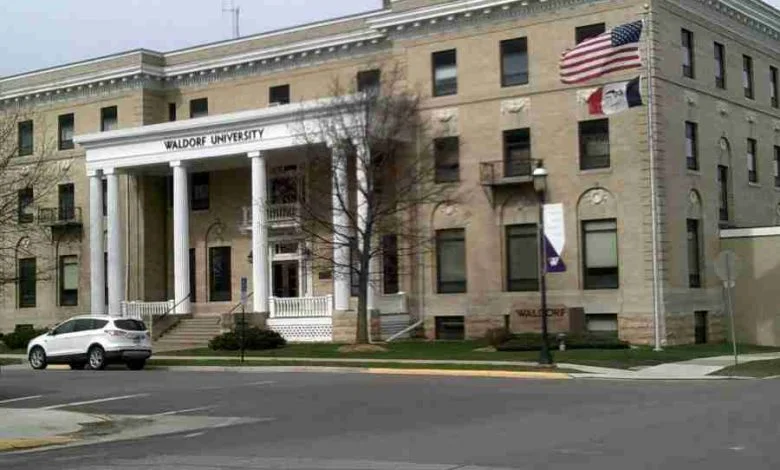
Waldorf University is a private for-profit university in Forest City, Iowa. It is affiliated with Columbia Southern University.
Waldorf used to be a non-profit college before it was sold in 2010. The school is overpriced, does not provide enough financial aid, and the food served is average.
17. Sterling College
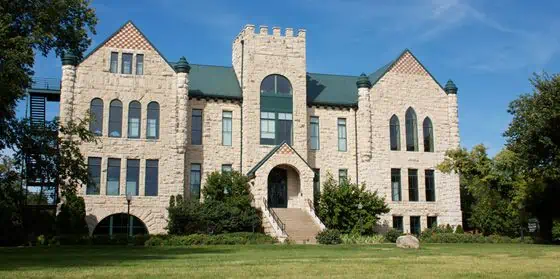
Sterling College is a 4-year private Christian college in Kansas. It was formerly called Cooper Memorial College before it changed its name in 1920.
The school has one of the lowest freshman retention rates in the nation. Also, its average student debt is about $25,000.
18. Salem University
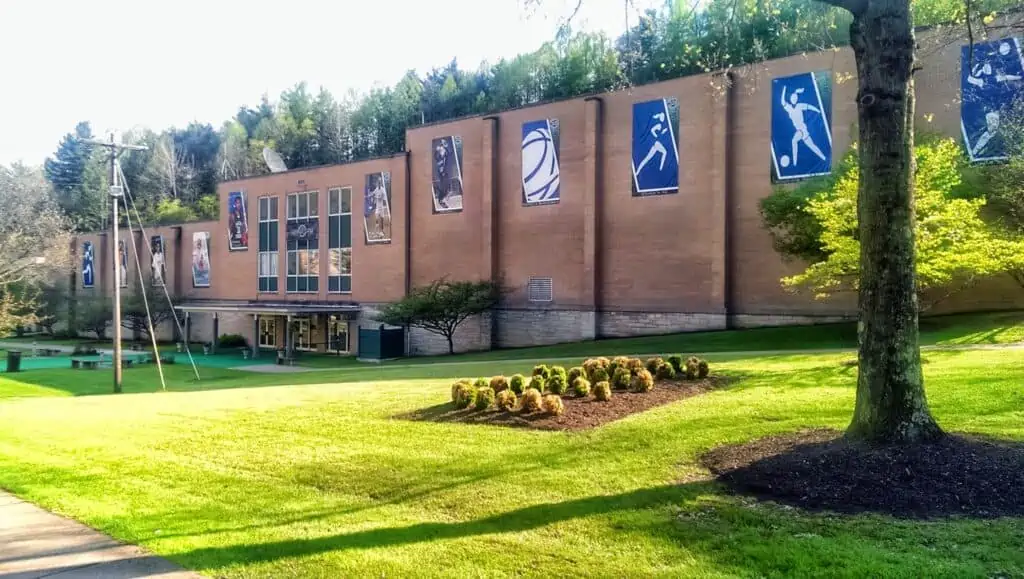
Last but not least on this list is Salem University, a Private for-profit university in West Virginia. The Seventh Day Baptist Church established it.
In 2005, the school was purchased by Salem Education LLC. Students complain about the food, unresponsive advisors, and some professors not attending online classes.
Worst Colleges in the US by State
Below are some of the low-performing colleges in the USA categorized by state.
| State | College |
|---|---|
| Alabama | Alabama State University |
| Alaska | The University of Alaska Anchorage |
| Arizona | Western International University |
| Arkansas | Philander Smith College |
| California | California College San Diego |
| Colorado | Nazarene Bible College |
| Connecticut | Mitchell College |
| Delaware | Wesley College |
| Florida | Edward Waters College |
| Georgia | The Art Institute of Atlanta |
| Hawaii | Chaminade University of Honolulu |
| Idaho | Lewis-Clark State College |
| Illinois | DeVry University |
| Indiana | Indiana University – Northwest |
| Iowa | Waldorf University |
| Kansas | Sterling College |
| Kentucky | Lindsey Wilson College |
| Louisiana | Grambling State University |
| Maine | The University of Maine at Augusta |
| Maryland | Coppin State University |
| Massachusetts | New England Institute of Art |
| Michigan | Baker College in Flint |
| Minnesota | Crown College |
| Mississippi | Mississippi Valley State University |
| Missouri | Harris-Stowe State University |
| Montana | Montana State University Billings |
| Nebraska | Peru State College |
| Nevada | Nevada State College |
| New Hampshire | New England College |
| New Jersey | Bloomfield College |
| New Mexico | University of the Southwest |
| New York | College of New Rochelle |
| North Carolina | Shaw University |
| North Dakota | Mayville State University |
| Ohio | Central State University |
| Oklahoma | Bacone College |
| Oregon | Pacific Northwest College of Art |
| Pennsylvania | Strayer University |
| Rhode Island | Rhode Island College |
| South Carolina | Benedict College |
| South Dakota | Black Hills State University |
| Tennessee | Le Moyne-Owen College |
| Texas | Texas College |
| Utah | Stevens Henager College – Ogden |
| Vermont | Johnson State College |
| Virginia | Virginia Union University |
| Washington | Heritage University |
| West Virginia | West Virginia State University |
| Wisconsin | Herzing University – Madison |
| Wyoming | Laramie County Community College |
Please note that the above list is subjective and is based on factors like graduation rates, loan default rates, student-faculty ratio, and post-graduate earnings, among other things. The quality of a college also depends on individual experiences, the degree program pursued, and personal fit.
If you think a school is not supposed to be on this list or you know any institution that’s worse than these, let us know in the comments section.

Sam is a brilliant young Nigerian biochemistry student and an aspiring entrepreneur. Despite facing many challenges, he has never lost his passion for learning and drive to make a difference in the world. Read more about him here.
For what reasons is Peru State College in Nebraska is listed as the worst colleges in the state of Nebraska.